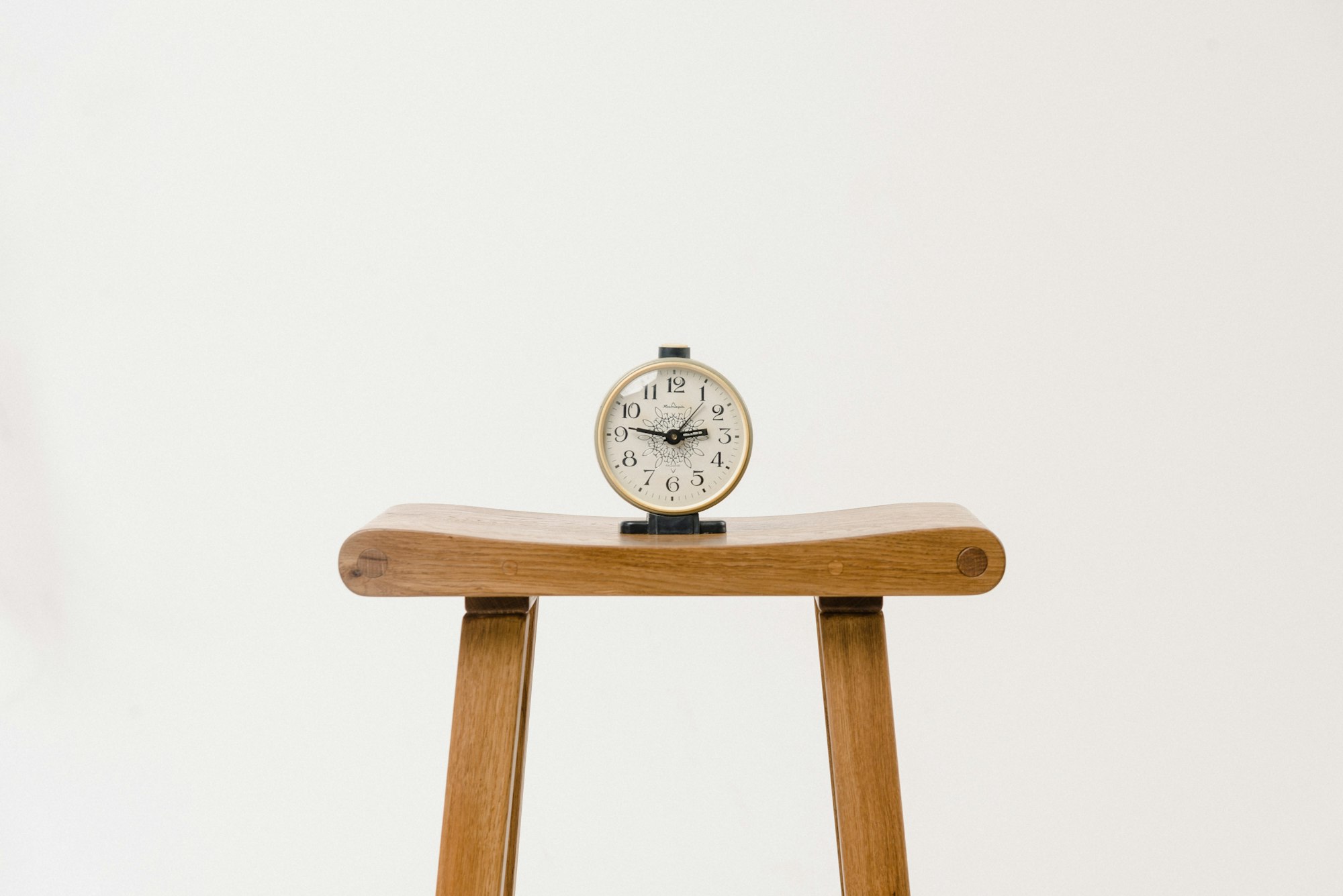Create Your Miracle Morning
Each day is the same. Wake up, eat breakfast, start work, and go through the motions. I don't know about you, but I've let a lot of those days slip by. Slip by without intention. Until one day, I decided to change.

I jolt awake with the alarm blaring. Tired and annoyed. Not rested and I don't want to get up. But I've hit snooze it twice already. I have to get up or I'll be late to work again. Stress. Anxiety. Completely irritated with myself. Why am I like this? Why can't I get my act together and wake up when I need to? I have to change something.
That was my daily ritual 7 years ago. Every day started like the last, but not in a good way. I would wake up as late as possible, rush out the door, barely make it to work on time, and feel rushed the rest of the day.
One day, I decided to change all this. I decided to start a morning routine. I wasn't sure exactly how to do it, so I read “The Miracle Morning” by Hal Elrod to give me a starting framework. Flash forward 7 years later and I follow routines throughout my day.
Why did I create routines? I wanted to develop better habits. We all have habits we perform every day: the way you make coffee, how often you check Twitter, and if you read before bed. These habits end up forming our daily routines. Most people go on auto-pilot, not thinking about what they are doing or why they are doing it.
I was the same until I decided to approach my habits in a different way. I decided to create routines that reflected my key priorities in life. The goal of routines is to establish a framework for daily habits. In these daily habits, the focus is on small steps that compound over time.
Here are a few of the key benefits you'll find by creating routines:
- Time for what's important: read more, practice meditation, learn a new skill, exercise. You develop routines to include what is important to you.
- Cornerstone for good habits: routines provide daily consistency. They are the foundation for good habits in your life.
- Less stress: having a routine helps you start each phase of your day with intention and prime you for the next phase. Routines are an anchor when life happens.
- Allows for flexibility: routines aren't set in stone. You own them so mold and modify as you see fit.
Remember, the goal of routines is to establish a framework for daily habits in life. Your routines are tools - not burdens.
This week, I'll be digging into each of the four daily routines: Morning, Work Startup, Work Shutdown, and Evening.
Why do you have routines in your life?

